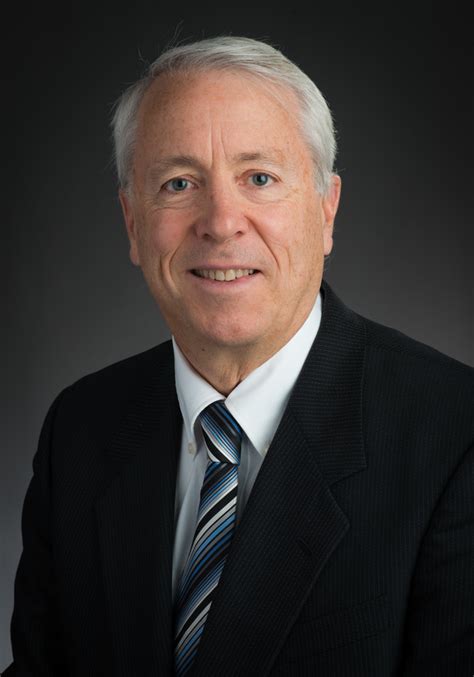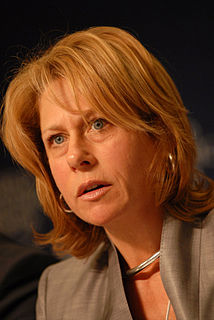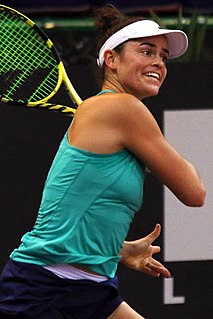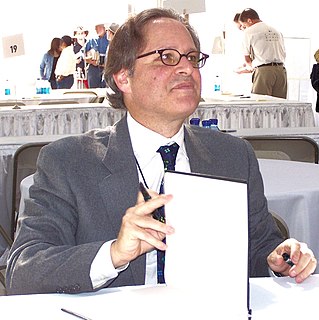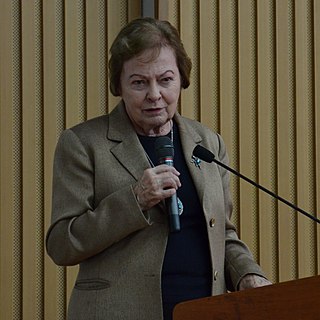A Quote by John R. Leopold
My obligation is to focus on the priorities of classroom instruction, parental involvement and student safety, targeting student performance and eliminating unnecessary administrative costs.
Related Quotes
A Student is the most important person ever in this school...in person, on the telephone, or by mail.
A Student is not dependent on us...we are dependent on the Student.
A Student is not an interruption of our work..the Studenti s the purpose of it. We are not doing a favor by serving the Student...the Student is doing us a favor by giving us the opportunity to do so.
A Student is a person who brings us his or her desire to learn. It is our job to handle each Student in a manner which is beneficial to the Student and ourselves.
I believe that all genial classrooms share at least five characteristics that guide their instruction regardless of content or grade level. These characteristics are (1) freedom to choose, (2) open-ended exploration, (3) freedom from judgment, (4) honoring every student's experience, and (5) belief in every student's genius.
In the current environment, attributing low student performance to teacher tenure is one of the great unproven causal links out there. The relationship just hasn't been examined very carefully, but we should all recognize that in higher education the strongest institutions generally have the most robust tenure systems, and in elementary and secondary, the states with the strongest teacher unions (and tenure systems) tend to have the highest student performance.
My formal education as an extension to my college degree in journalism was the time that I spent working with the student newspaper. I would argue that my greatest education occurred by working for the student newspaper. It wasn't necessarily the classroom work that made my formal education special. It was the idea that I had the opportunity to practice it before I went into the real world.









